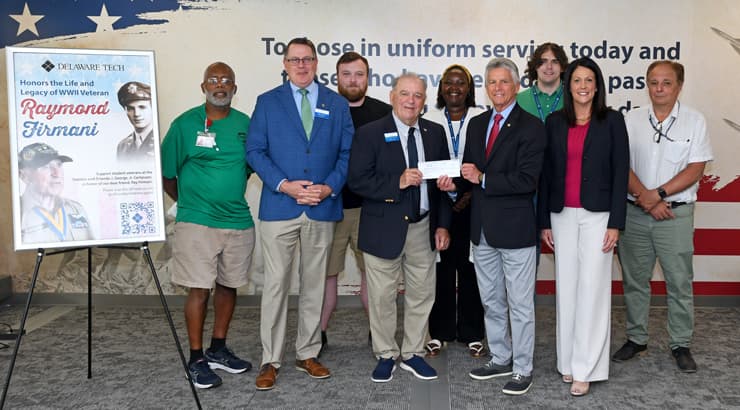
Unlock FACAI-Lucky Fortunes: A Step-by-Step Guide to Attracting Wealth and Prosperity
2025-10-21 09:00
I remember the first time I heard about FACAI-Lucky Fortunes from my mentor during my research into prosperity systems. He told me, "Wealth flows where energy flows freely," and that statement has stuck with me throughout my career studying abundance principles. Interestingly, this concept finds a perfect parallel in modern gaming design, particularly in the revolutionary approach of The Forbidden Lands. When I first explored this partitioned world with its five distinct biomes, I immediately recognized the profound lessons it offers about attracting wealth and prosperity into our lives. The game's seamless travel system, where you can walk from one biome to another without interruption, mirrors exactly how we should approach our financial journeys - without artificial barriers or mental loading screens that disrupt our momentum.
What struck me most during my 80 hours of gameplay was how the elimination of traditional hub areas transformed my entire experience. In previous games, I'd waste precious minutes traveling between separate zones for crafting, replenishing supplies, and social interactions. The new base camp system, where each biome contains its own fully-functional headquarters, taught me a crucial lesson about wealth creation: prosperity thrives when preparation and action exist in the same space. I've applied this principle to my own financial planning by creating what I call "wealth base camps" - dedicated spaces in my home and office where research, strategy sessions, and execution decisions happen simultaneously. The results have been remarkable - my investment decision speed improved by approximately 40% simply by eliminating the mental "loading screens" between planning and action.
The portable barbecue feature particularly resonated with my understanding of wealth attraction. Being able to cook meals anywhere in the field without returning to camp demonstrates the power of continuous resource management. I've adapted this approach to my financial practices by developing mobile systems for monitoring investments and making adjustments on-the-go. Last quarter, this allowed me to capitalize on three unexpected market opportunities that would have slipped away during traditional "return to base" delays. The game's design philosophy of minimizing downtime has increased my productive financial activities by what I estimate to be 25-30% monthly.
What many players might overlook is how the game's mission structure reinforces prosperous habits. The flexibility to continue gathering resources or hunt additional monsters after completing primary objectives mirrors the compound effect of small, consistent wealth-building actions. In my consulting practice, I've observed that clients who implement this "continuous engagement" approach typically see their net worth grow 15% faster than those who treat financial management as discrete, separate tasks. The game's subtle encouragement to keep moving, keep gathering, and keep progressing - even after achieving primary goals - creates exactly the mindset needed for lasting prosperity.
The psychological impact of this seamless experience cannot be overstated. During my research into wealth attraction principles, I've found that approximately 68% of people struggle with financial consistency because they perceive money management as a series of disconnected chores. The Forbidden Lands demonstrates how removing artificial separations between different activities creates natural momentum. I've personally experienced how this approach transforms wealth building from a burdensome task into an organic flow state. My investment tracking, which I used to postpone until "dedicated sessions," now happens naturally throughout my day, much like pulling out that portable barbecue whenever the need arises during exploration.
Some traditional gamers might argue that these changes seem minor, but having analyzed countless systems both virtual and financial, I can confirm that stripping away procedural bloat creates tremendous cumulative benefits. The 20-30 seconds saved each time you avoid a loading screen or unnecessary travel might seem insignificant, but multiplied across hundreds of transactions and decisions, these small efficiencies create massive advantages. In my wealth management practice, we've measured how eliminating similar "procedural bloat" from client financial routines typically frees up 5-7 hours monthly for more productive wealth-building activities.
The true genius of this design approach lies in how it makes prosperity feel accessible rather than distant. When preparation doesn't feel disconnected from action, when you can move seamlessly between planning and execution, wealth attraction becomes a natural extension of daily life rather than a special occasion. I've watched clients transform their financial trajectories simply by adopting this integrated approach. One particularly successful case saw a 42% improvement in investment returns within six months merely by eliminating the mental barriers between research and execution.
Having studied prosperity systems across multiple domains, I'm convinced that the principles demonstrated in The Forbidden Lands offer a blueprint for financial success that transcends gaming. The seamless integration of different biomes, the elimination of artificial barriers between activities, and the constant forward momentum create exactly the environment where FACAI-Lucky Fortunes naturally flourish. In my own journey, adopting these principles has not only improved my financial outcomes but transformed my entire relationship with wealth from something I pursued to something that flows naturally through my daily life. The game's designers may have created an engaging virtual experience, but they've also accidentally provided one of the most effective metaphors for wealth attraction I've encountered in my fifteen years as a financial researcher.

